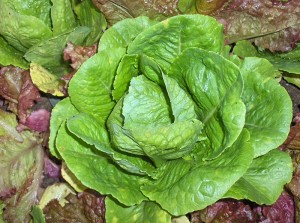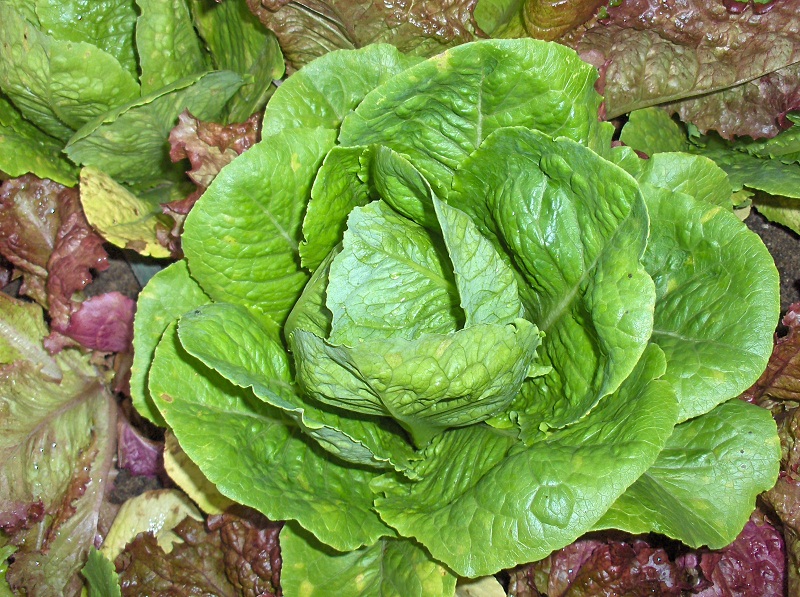
We’re too fat. That’s what the media tell us.
We’re too lazy. They say that too. And North Americans in general are pretty unhealthy. I’m saying that. Yet at the same time there are daily press releases about eating healthier, supporting local agriculture, the 100-mile diet, and buying organic produce. Of course, that requires some thought and decision-making. The default setting is to support economies of California or China, which we do, pay for the increasing cost of importing,which we do, and wonder what residual chemicals are in our salad greens, which we should.
I was at a high-end organic market in the GTA recently and I hate to say it, but the organic vegetables were a great disappointment. I felt it was a misrepresentation of what organic produce should be. But what if you grew your own? Or at least tried?
You don’t need a degree in agriculture, and don’t have to be intimidated by those who have been gardening for years. It’s OK to be new. It’s fun to be new. There are all kinds of health benefits derived from gardening, aside from the produce itself. And it gives you some time alone with your thoughts.
My advice is to just do it.
Time and experience will be your best teachers. Start simple, start small. I had mini-gardens in townhouse patios and on apartment balconies for years. At this point, I’m a big supporter of raised bed gardening for almost endless reasons. If you don’t want to go it alone, find a friend or two and have a competition. Like – who will have the first ripe tomato, (Grow the heirloom variety called stupice to win), or the biggest carrot, (oxheart will win, if you can find seed). The first thing to do is select your site. Simply, the more sun the better.
The second step: Prepare the bed.
If you are going to put in a raised bed, you can just mound up the soil into a kind of plateau, or actually construct a container. Avoid using pressure treated wood since the chemicals could leach out into the soil. I’ve seen beds built with bricks and patio stones stood up on their edges. I am
experimenting with various-sized lumber.
The next step is to add or amend the soil.
The key is to add organic matter, and not just fertilizer pellets. I think of it like feeding a child – you would never give your kids just water and vitamin pills and expect them to thrive. Mixed organic matter (leaves, composted kitchen waste, composted manure, old straw…) builds the soil, feeds the worms, and adds the micro-nutrients that will eventually find their way into your vegetables. Shortcuts are not sustainable. The most important rule is this: feed the soil, and the soil will feed the vegetables.
If the soil is healthy, the plants will also tend to be healthy and be less susceptible to infestation by insect pests. It’s one of the laws of nature that the sick and the weak are targets for the predator. So it is in the garden. Also consider “companion planting” for plant health. Among other things I plant strategically-placed marigolds, nasturtium and herbs for insect control.
In selecting the plants for your garden, in the beginning start with what your family likes. Even for the small garden you can get a pretty good yield in a small space. For early spring grow leaf lettuce. You can extend the season by picking off the outer leaves or cutting off the entire head about an inch above ground. It will push more tender leaves until the summer heat arrives.
Love peas?
Try early bush snow peas, inter-planted with carrots and radishes. All of them are great for small spaces. Grow herbs for your salads and seasoning. You’ll decrease the desire for salt and sugar on your plate which will help you stay healthy. You just have to grow tomatoes. Locate a source for an heirloom variety. Nothing compares with the taste of an old-fashioned vine-ripened tomato still holding the sun’s heat. For the Silo, Rick Posavad.


Leave a Reply
You must be logged in to post a comment.